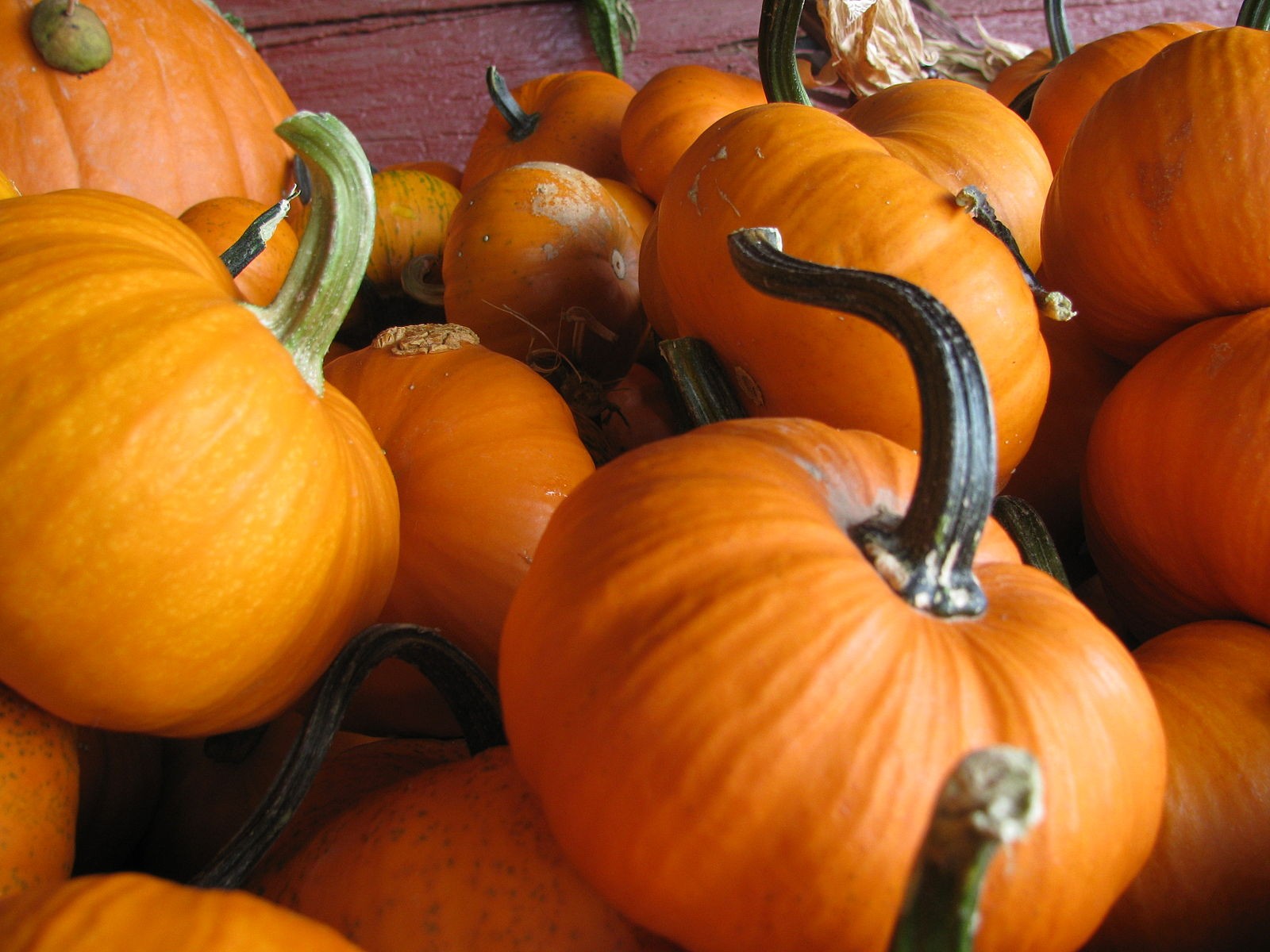Eating Pumpkin Pie during the holidays may be just a start. Pumpkin has a lot of potential to improve our overall health throughout the year. Perhaps we should consider including pumpkin in our daily diets, and not always in sweet treats. Pumpkin fruit is best consumed cooked with boiling being a popular method. Pumpkin can be consumed like any other squash and the seeds can be kept and roasted.
A summary of major nutrients in pumpkin and pumpkin seeds include Beta carotene, Calcium, Vitamin C, Zinc, Vitamin E, Riboflavin, Copper, Manganese, Potassium, Magnesium, Phosphorus, Iron, B6, Folate, Pantothenic Acid, Niacin, Amino Acids and Fatty Acids. Pumpkin fruit is a great source of healthy fiber. In fact, pumpkin is one of the best sources of Beta carotene, which is converted to Vitamin A.
Pumpkin seeds, or pepitas, are becoming ever more popular. Perhaps this is because the seeds are a good source of Vitamin E, Vitamin K, protein, fiber, and minerals such as iron, potassium, phosphorus, zinc and magnesium. They are a fast and quick snack being offered toasted, raw, and sprouted. Brands that carry pumpkin seeds include Go Raw, Eden Organic, and NOW Foods. We also carry them in our bulk departments.
Potential Activity of Pumpkin
Anti-microbial
Pumpkin has been associated with broad-spectrum anti-microbial components to help inhibit bacteria, viruses, fungi and other parasites. Both the pumpkin flesh and seeds help to protect the body from infectious disease causing organisms.
Anti-oxidant
Pumpkin fruit extracts have potential antioxidant activity that may be beneficial for those who are pre-diabetic, diabetic or those with vascular injury.
Pumpkin seed oil has a good amount of Vitamin E, or tocopheral – a known antioxidant. Vitamin E is also great for the skin, supporting immune function, preventing inflammation, and promoting eye health.
Anti-carcinogenic
The boiled fruit, seeds and seed oil exhibit anti-carcinogenic properties. For example, eating more Pumpkin Seeds has been associated with lower risk of gastric, breast, lung and colorectal cancers and carotenoid pigments in the seeds and fruit are linked to prevention of prostate cancer.
Anti-diabetic
Pumpkin is a promising food in new research on combating diabetes. The fruit and seed compounds are helpful in aiding the absorption of glucose and balancing liver glucose levels. Consumption of pumpkin may be linked to lower the risk of type 2 diabetes. Though further research is needed, here are some research results:
Fruit
- a-Amylase inhibition
- a-Glucosidase inhibition
- Reduced Blood Glucose
- Increased Insulin levels
- Improved glucose tolerance
Seeds
- Increase in insulin secretion
- Increase in b-cell mass
The health benefits of pumpkin are still being explored and verified. Overall, pumpkin is an overlooked food source and honored mostly as a holiday party favor. Perhaps we can change that!
The information provided on this site is intended for your general knowledge only and is not a substitute for professional medical advice or treatment for specific medical conditions. You should not use this information to diagnose or treat a health problem or disease without consulting with a qualified healthcare provider. Please consult your healthcare provider with any questions or concerns you may have regarding your condition.
Dar, Aamir & Sofi, S A & Rafiq, Shafiya. (2017). Pumpkin the Functional and therapeutic ingredient: A review.
Yadav et al. (2010) Medicinal and biological potential of pumpkin: an updated review. Nutrition Research Reviews , 23, 184–190.
